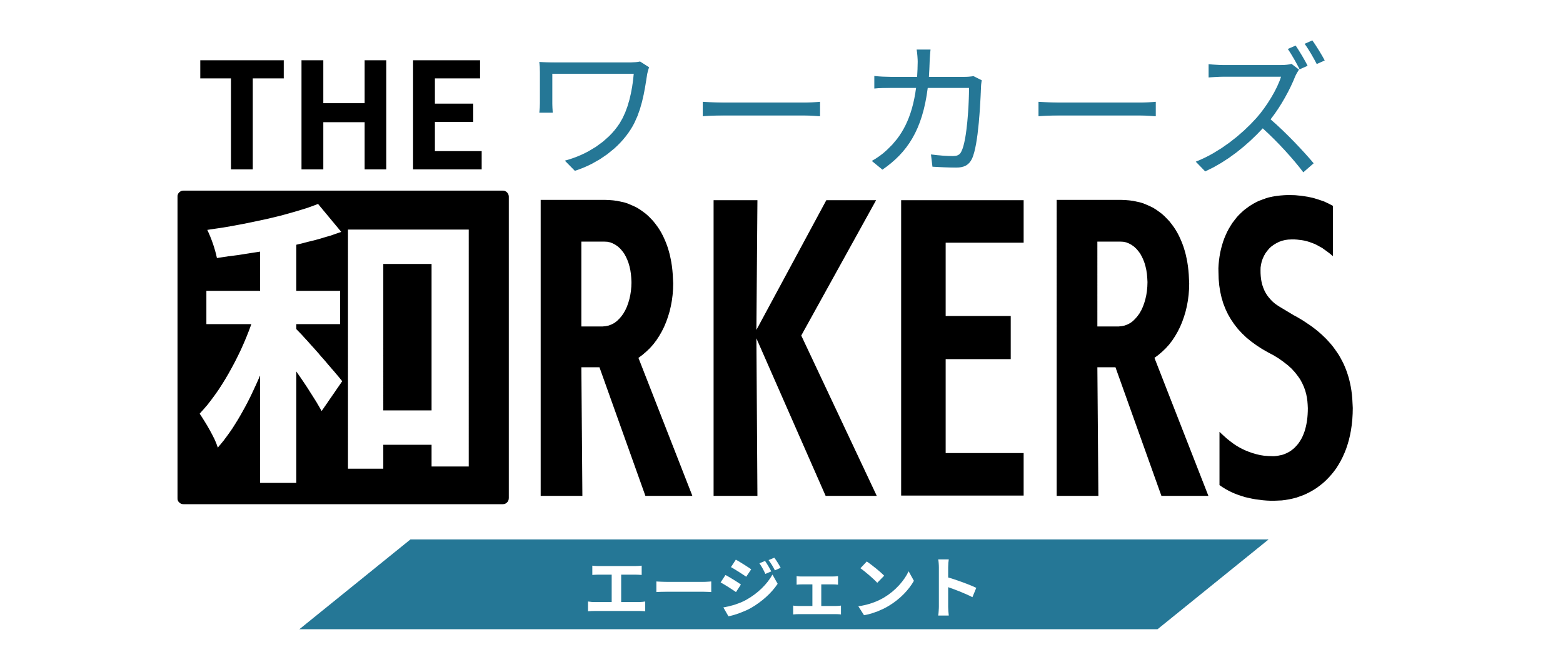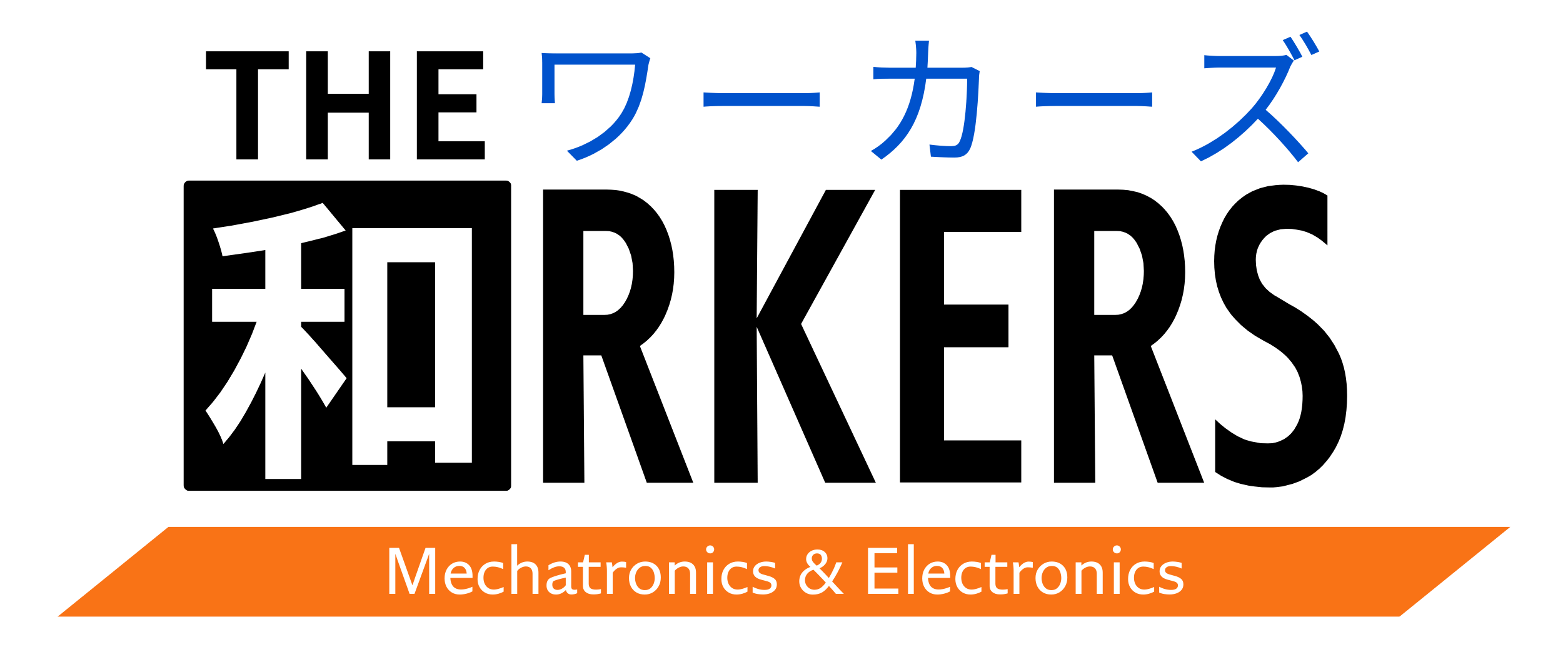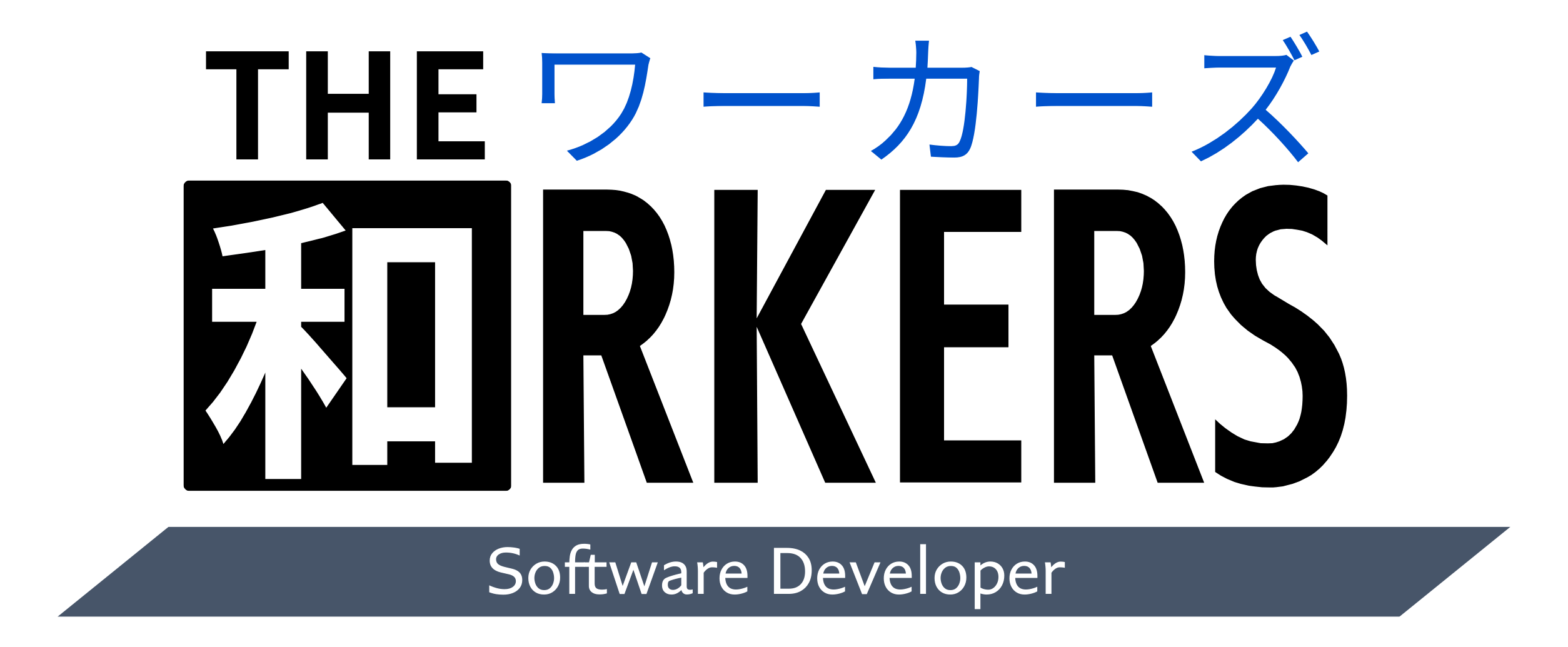A Complete Guide for Foreign SAP Engineers: How to Land SAP Jobs in Japan

More and more foreign IT professionals are looking to build their careers in Japan as SAP consultants and engineers.
With a growing number of Japanese companies implementing SAP systems, the demand for talent with global experience is rapidly increasing.
In this article, we’ll explore everything you need to know about SAP jobs in Japan—why the demand is rising, what skills Japanese employers are looking for, and how you can successfully find opportunities as a foreign SAP professional.
参考:METI “Survey on Supply and Demand of IT Human Resources,” Mizuho Research & Technologies, 2020
Why the Demand for SAP Professionals in Japan Is Higher Than Ever
In recent years, the demand for SAP professionals in Japan has reached an all-time high. This growing need is driven by two major factors: a serious talent shortage and a surge in SAP system upgrades.
The “2027 Problem” and the Rush to Upgrade
One of the key drivers behind this demand is what’s often referred to in Japan as the “2027 problem.”
SAP has announced that standard support for its legacy ERP platform, SAP ERP 6.0 (also known as ECC6.0), will end in December 2027.
As a result, companies still using this version must migrate to the next-generation platform, SAP S/4HANA.
This is not a simple upgrade—it requires a complete system overhaul, often involving large-scale projects that span planning, design, development, testing, and data migration.
To lead these complex transitions, companies need experienced SAP consultants and engineers who can manage the full project lifecycle.
Many major Japanese corporations and global firms operating in Japan are still running ECC6.0.
With the 2027 deadline quickly approaching, S/4HANA migration projects are already underway across the country—and the demand for skilled SAP talent is expected to grow even more rapidly in the next few years.
Japan’s ERP Market Continues to Expand—Fueling Demand for SAP Talent
The rising demand for ERP solutions like SAP in Japan is closely tied to a broader trend: the steady growth of the Japanese ERP market itself.
According to recent market research, ERP-related revenues in Japan are projected to reach 207 billion yen in FY2024, and are expected to grow further to 242 billion yen by FY2026.
Key Drivers of ERP Market Growth in Japan
Several overlapping factors are fueling this expansion:
- S/4HANA Migration Projects (The 2027 Problem)
As support for legacy ERP systems ends, many companies are upgrading or overhauling their systems—creating a surge in demand for SAP professionals. - Acceleration of Digital Transformation (DX)
Businesses are increasingly prioritizing real-time visibility and data-driven decision-making. ERP modernization plays a critical role in enabling this. - Shift Toward Cloud-Based ERP
The move from traditional on-premise systems to cloud-based ERP is gaining momentum—especially among mid-sized and smaller companies. - Need for Global Integration
As more Japanese firms expand overseas or adopt international standards (like IFRS), the need for globally integrated ERP systems is increasing.
These trends indicate that the ERP boom in Japan is not a temporary spike, but part of a long-term shift toward more strategic IT investment.
As a result, the demand for skilled SAP engineers and consultants in Japan is expected to continue growing for years to come.
Japan’s Worsening IT Talent Shortage—And Why SAP Professionals Are Especially in Demand
Japan is facing a growing shortage of IT talent across the board.
According to a study by Japan’s Ministry of Economy, Trade and Industry (METI), the country could face a shortfall of up to 790,000 IT professionals by 2030.
(Source: METI “Survey on Supply and Demand of IT Human Resources,” Mizuho Research & Technologies, 2020)
Naturally, this shortage also affects the SAP sector. In fact, the impact is even more pronounced:
SAP is used by a limited number of enterprises and requires deep technical expertise and hands-on experience—making qualified SAP professionals especially scarce in the Japanese market.
SAP Talent Is Becoming Increasingly Valuable
As a result, experienced SAP consultants and engineers are seeing their market value rise significantly.
In Japan, many skilled SAP professionals are now choosing to work as freelancers or independent contractors, often commanding high rates due to their specialized expertise.
At the same time, companies are finding it increasingly difficult to secure SAP talent as full-time employees.
This has led to a sharp rise in mid-career hiring and recruitment of foreign SAP professionals—creating a window of opportunity for non-Japanese candidates with relevant experience.
What Japanese Companies Look for in Foreign SAP Professionals
When Japanese companies hire foreign SAP talent, their expectations generally fall into two key categories:
1. Expertise in Specific SAP Modules
The most essential requirement is hands-on experience and functional knowledge of specific SAP modules.
Among the most in-demand areas in Japan are:
- SD (Sales and Distribution)
- MM (Materials Management & Procurement)
- FI (Financial Accounting)
- CO (Controlling / Management Accounting)
- PP (Production Planning)
- ABAP (SAP Programming Language)
Modules such as FI, CO, SD, and MM are especially common in Japanese enterprises, which drives consistently high demand for professionals with experience in these areas.
In addition, some companies highly value candidates who can demonstrate:
- Cross-functional understanding across multiple modules
- Industry-specific knowledge, particularly in manufacturing, logistics, or trading companies
This combination of deep module expertise and broader business process knowledge is particularly attractive to Japanese employers.
2. Japanese Language Proficiency – JLPT N2 or Higher Is a Common Benchmark
For foreign SAP professionals, Japanese language skills are a critical part of the hiring criteria.
In most Japanese companies, internal meetings, documents, emails, and specifications are primarily handled in Japanese.
This is especially important for SAP consultants, who often communicate directly with clients and stakeholders.
A widely accepted benchmark is JLPT N2 or higher (Japanese-Language Proficiency Test).
At the consultant level, where responsibilities include requirement definition and client-facing communication, JLPT N1 may be expected or strongly preferred.
In short, your ability to operate effectively in a Japanese-language business environment can significantly influence your job prospects in Japan’s SAP market.

3. English Skills – Why Bilingual SAP Professionals Are in High Demand
Many SAP projects in Japan involve globally operating Japanese enterprises or foreign multinational companies.
In such projects, English is frequently used to communicate with both internal and external stakeholders.
As a result, SAP professionals who can work effectively in English are often highly valued.
Here are some common scenarios where English proficiency is a strong advantage:
- Global rollout projects that include overseas offices
- Coordination with offshore development teams in countries like Vietnam, India, or China
- Projects led by foreign-owned companies
- Requirement gathering and alignment with English-speaking clients or business users
Because of this, many Japanese companies are actively seeking bilingual SAP consultants—particularly foreign professionals—who can bridge the gap between Japanese-speaking stakeholders and global teams.
Japanese + English = A Competitive Advantage
If you are a non-Japanese SAP consultant who has strong English skills and moderate Japanese ability, you possess a rare and valuable combination.
This skill set is not commonly found among Japanese professionals.
Being able to communicate with Japanese clients while coordinating with global development teams in English makes you a uniquely valuable asset in Japan’s SAP job market.

Where to Find SAP Jobs in Japan: Best Job Search Methods for Foreign Professionals
If you’re a foreign SAP consultant or engineer looking for work in Japan, there are several ways to search for opportunities.
The best method depends on factors like your Japanese language ability, prior work experience in Japan, and what kind of role you’re targeting.
Here are three of the most common and effective job search methods:
1. Recruitment Agencies (Highly Recommended)
The most common and reliable way to find SAP jobs in Japan is through recruitment agencies that specialize in IT and tech roles.
Working with an agent offers several advantages:
- They can match you with positions that fit your visa status and language level.
- They often have access to exclusive, unlisted job openings (especially for specialized roles like SAP).
- Your chances of passing resume screening and getting interviews are generally higher with agency support.

2. Job Boards and Career Websites
If you prefer to apply at your own pace, you can also use job platforms like:
- LinkedIn
- Wantedly
- BizReach
- Indeed Japan
These platforms do have SAP-related openings, but be aware:
- Job descriptions may not clearly state visa or language requirements.
- Some companies may not have experience hiring foreign professionals, which can make the process less predictable.
3. Referrals (Introductions from Friends or Colleagues)
In Japan, referrals are a common and trusted hiring method.
If you know someone working at a company that uses SAP—especially another foreign employee—they may be able to introduce you internally.
This method has several benefits:
- Companies are often more comfortable hiring foreign candidates when referred by someone already working there.
- They can better assess your communication fit, both linguistically and culturally.
Why Foreign IT Professionals Should Consider THE和RKERS
At THE 和RKERS Agent, we specialize in supporting international IT professionals who want to build meaningful careers in Japan.
Whether you’re already working in Japan or considering your first job here, we understand the unique challenges you may face—language barriers, visa questions, cultural differences—and we’re here to help every step of the way.
\Software Engineers, IT Consultants, Data Scientists…/

Non-Japanese and aiming for a top-tier job in Japan?
Get in touch with THE 和RKERS Agent today.



Software Engineers,
IT Consultants,
Data Scientists…

Non-Japanese and aiming for a top-tier job in Japan?
Get in touch with THE 和RKERS Agent today.


